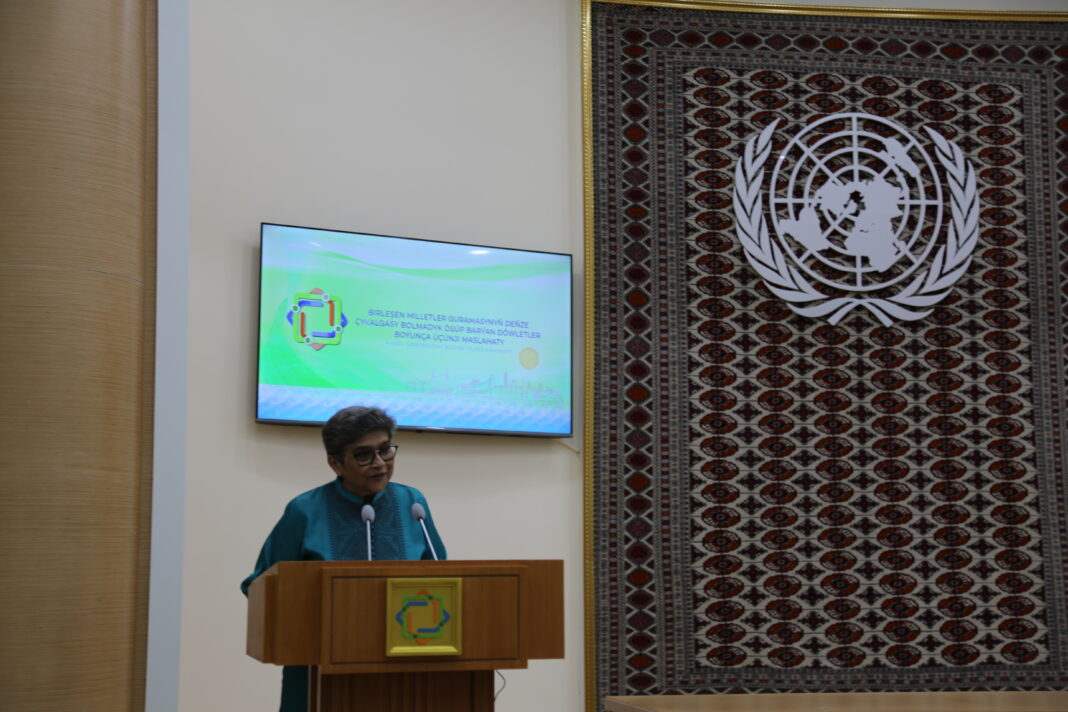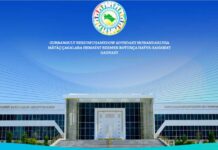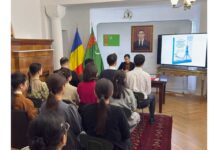Today, the Youth Forum within the framework of the Third United Nations Conference on Landlocked Developing Countries started in the «Avaza» National Tourist Zone.
Turkmenistan, being committed to the legal status of permanent neutrality, consistently develops relations with the states of the world and authoritative international organisations. One of the priority vectors of our country’s foreign policy is the strengthening of multifaceted strategic cooperation with the United Nations and its specialised agencies.
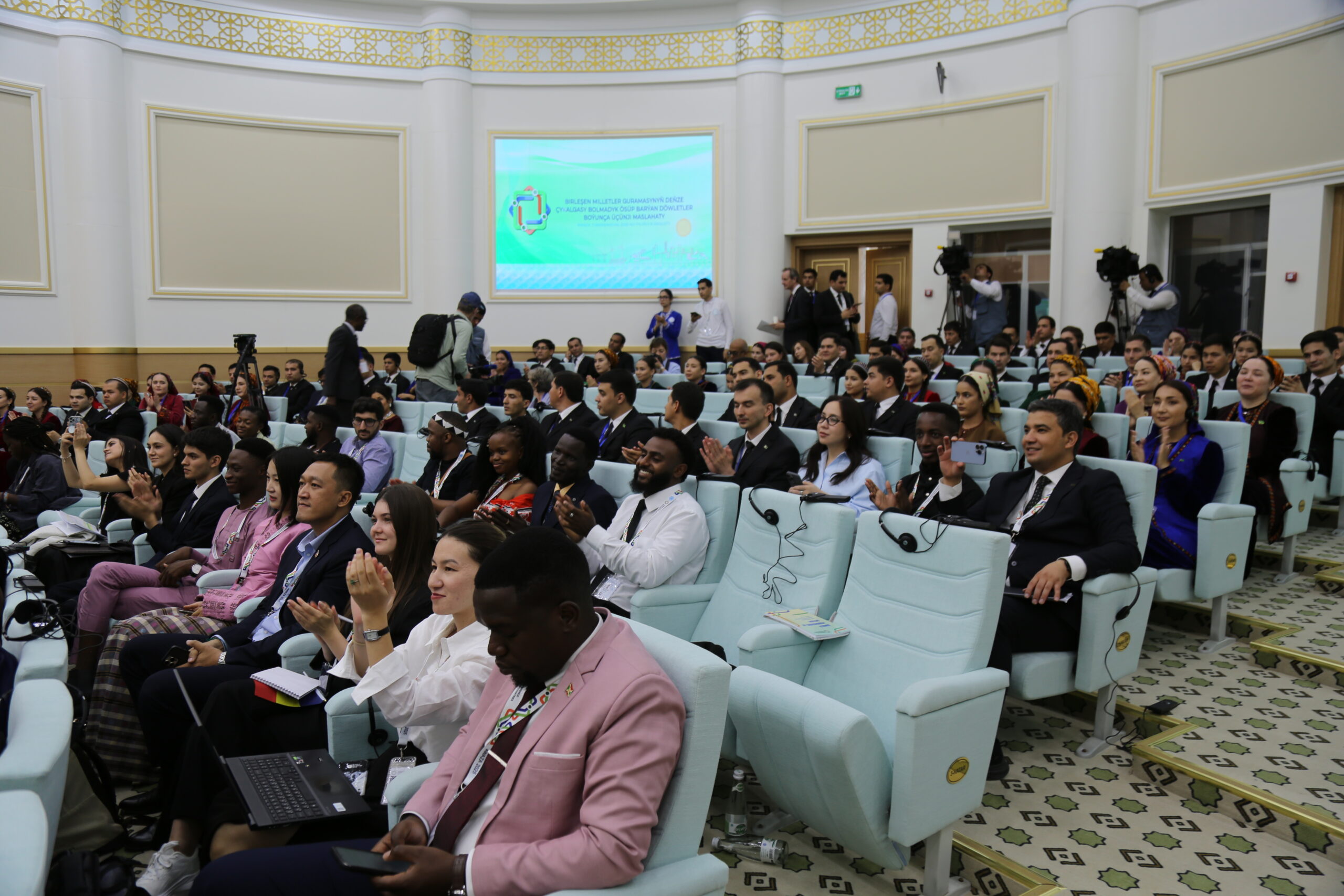
The proclamation by the UN General Assembly, at the initiative of Turkmenistan, of 2025 as the «International Year of Peace and Trust» is a clear evidence of the broad support of the world community for the proposals put forward by our country in the name of global peace and sustainable development.
This proposal of Turkmenistan is an invitation and appeal to all states to begin joint work, including political and ideological aspects of promoting the idea of peace and trust as a fundamental principle of the world order. Our country, which was assigned a leading role in the adoption of this Resolution of the General Assembly, makes a significant contribution to its practical implementation.
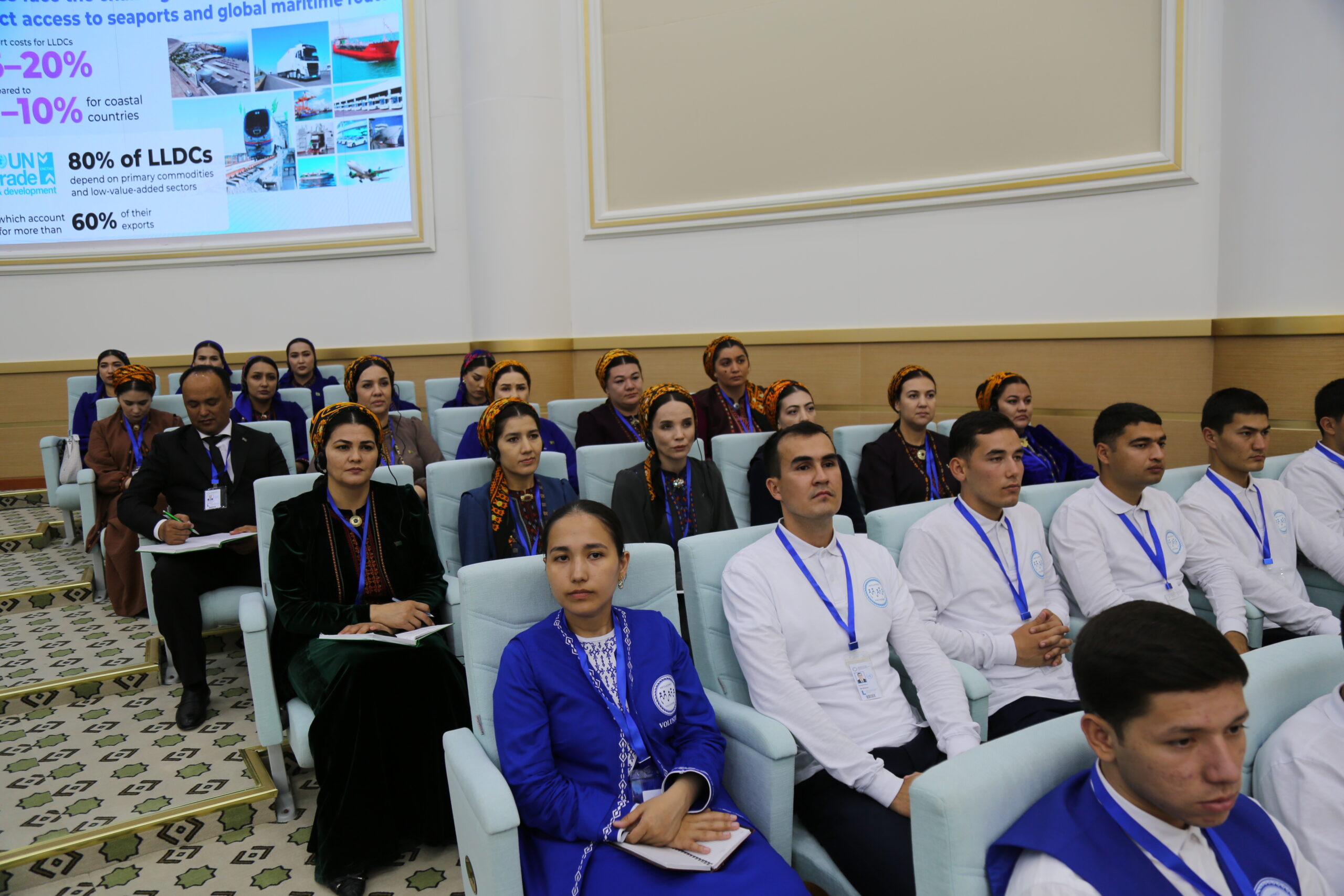
One of the clear confirmations of this is the holding of the current forum in our country, which fully meets the objectives of the United Nations Strategy «Youth – 2030».
The main objectives of this event are to create a platform for effective dialogue between youth and UN structures and other stakeholders, to expand the opportunities of youth as one of the key participants in the implementation of the Avaza Action Programme for LLDCs, to exchange experience gained during the implementation of the Vienna Programme of Action for these countries, to present innovative solutions and initiatives, new ideas for promoting the Sustainable Development Goals and implementing the Avaza Action Programme based on national, regional and global experience, as well as to establish cooperation between youth and interested representatives of UN Member States, UN structures, civil society and the private sector.

